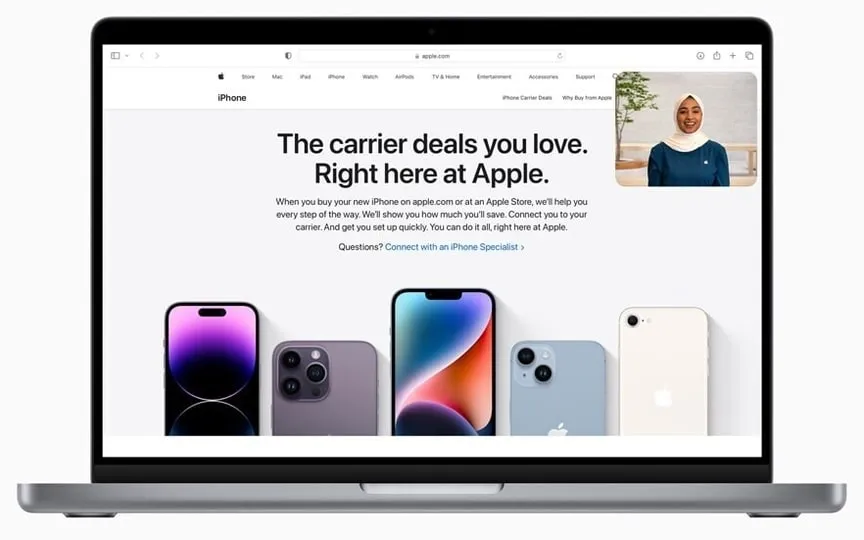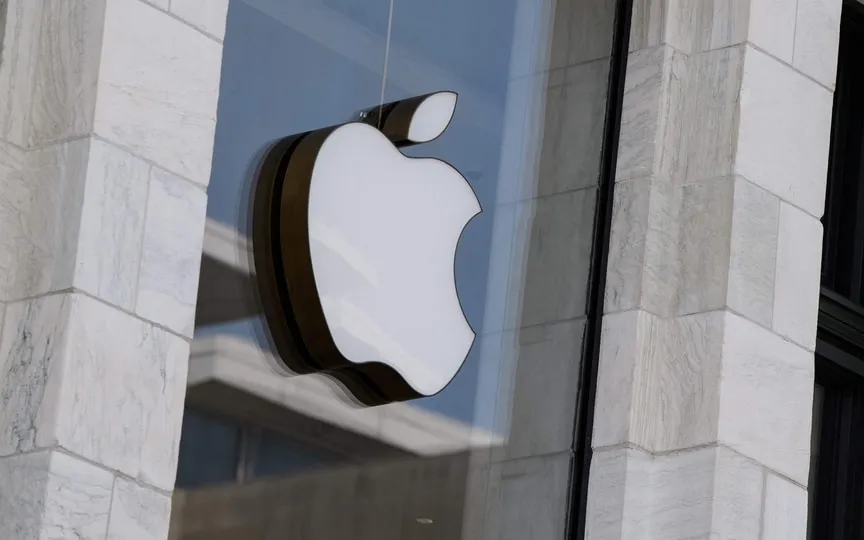2K Transaction Delay: Uncover the Reason Behind UPI Fraud’s 4-Hour Wait!
The Indian government is reportedly developing a new process that may affect Unified Payments Interface (UPI) users. They plan to introduce a minimum time for the first transaction between two people in an effort to combat fraud in online shopping.
If implemented, users may experience a four-hour delay for transactions above R2,000. This means that the four-hour time limit would apply whenever a user makes the first payment of more than Rs 2,000 to another user with whom they have never transacted before.
While this approach may complicate digital payments, government officials believe cyber security issues need to be addressed, an Indian Express report said.
The report further highlighted that this measure could be applied to various digital payment methods including Instant Payment Service (IMPS), Real Time Gross Payment (RTGS) and Unified Payments Interface (UPI).
According to the report, the goal is not just to slow down or limit the first transaction when opening an account, as some digital payment systems already have some kind of policy. The main idea is to keep an eye on and manage every first transaction between two users, regardless of their previous transaction history.
Currently, when you create a new UPI account, you can send a maximum of Rs 5,000 in the first 24 hours. Similarly, with National Electronic Funds Transfer (NEFT), after adding a beneficiary, you can transfer up to Rs 50,000 (either fully or partially) within the first 24 hours.
A senior government official, speaking on condition of anonymity, told Indian Express, “We want to add a four-hour time limit for first digital transactions above Rs 2,000. The discussion will be held on Tuesday in a meeting with government and industry stakeholders, including the Reserve Bank of India, several public and private sector banks and technology companies such as Google and Razorpay.
The meeting on November 28 will discuss digital payment fraud, financial crimes and the cyber security measures needed to combat these activities.




